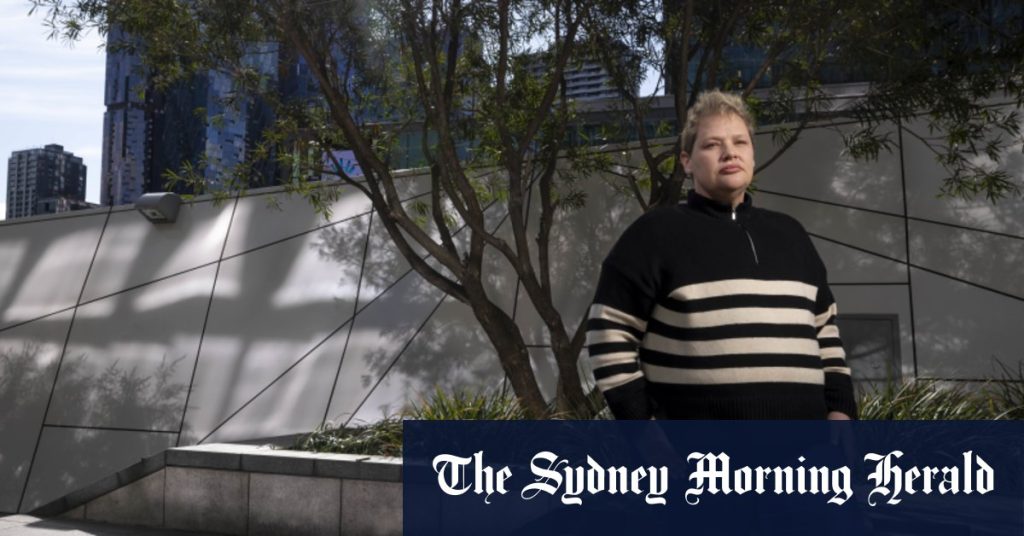Out-of-pocket hospital fees have increased by 7 percent to an average of $437 in the year up to June 30, with a 39 percent increase over the past five years. Patients awaiting medically necessary plastic and reconstructive surgery face the highest average out-of-pocket costs, with an average of $1553. One woman, Lisa Pratt, recently paid $29,000 in out-of-pocket fees for a double mastectomy and reconstructive breast surgery following a BRCA2 diagnosis. She funded the surgery through crowdfunding and her savings, highlighting the financial burden faced by some patients.
Kuyl, another patient awaiting reconstructive surgery, has also launched a crowdfunding campaign to fund her surgery. She believes that Medicare rebates should be increased for post-mastectomy breast reconstructions in order to reduce the financial strain on patients. Federal Health Minister Mark Butler has called on the private health sector to do more to protect patients from exorbitant bills, emphasizing the importance of affordable healthcare for all Australians.
David Goldsbury, a statistician, conducted a study on out-of-pocket costs incurred by cancer patients, revealing that one in 10 people with cancer in New South Wales spent more than $10,000 on healthcare in the first year following diagnosis. Cash-strapped patients are seeking help from financial counsellors, with Cancer Council Victoria experiencing a 79 percent increase in demand for financial counselling services in the past year.
Private Healthcare Australia CEO Dr. Rachel David noted that health insurers work to negotiate “no gap” fee arrangements with private hospitals to prevent members from facing out-of-pocket costs. However, she stressed that rising fees could contribute to inflation and higher premiums. The Victorian government has acknowledged the challenges patients face while waiting for planned surgery and has taken steps to improve surgical delivery, including opening rapid access hubs and public surgical centers.
In conclusion, the rising cost of out-of-pocket hospital fees and the financial burden faced by patients awaiting reconstructive surgery highlight the need for affordable healthcare options. The government and private health sector must work together to ensure that patients can access necessary treatments without facing overwhelming costs. Financial counselling services are in high demand, indicating the widespread impact of healthcare costs on individuals and families. Continued efforts to reform surgical delivery and reduce out-of-pocket expenses are essential to improving healthcare affordability for all Australians.


